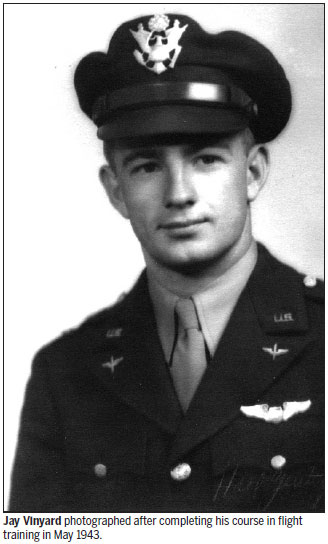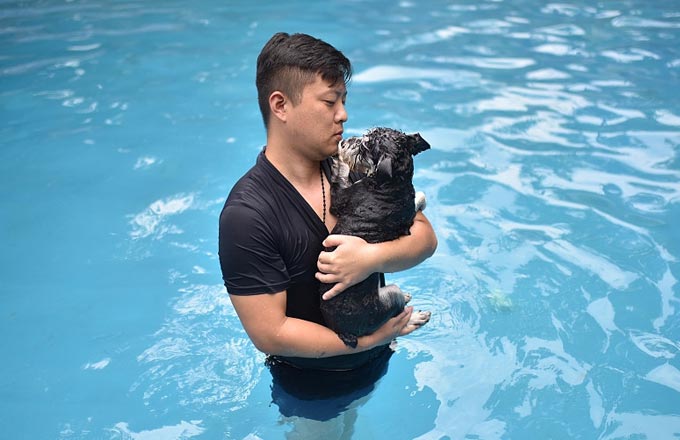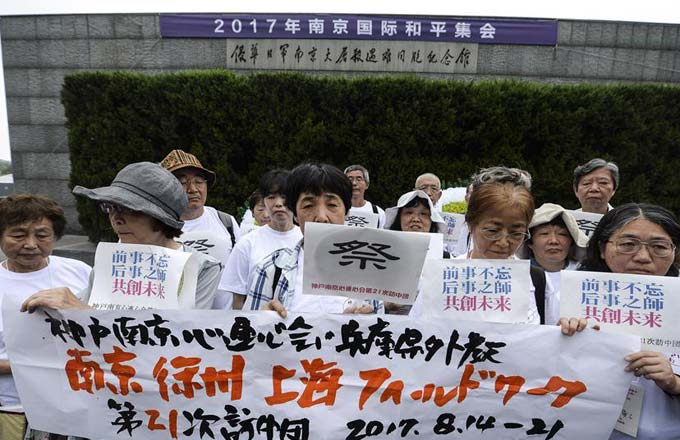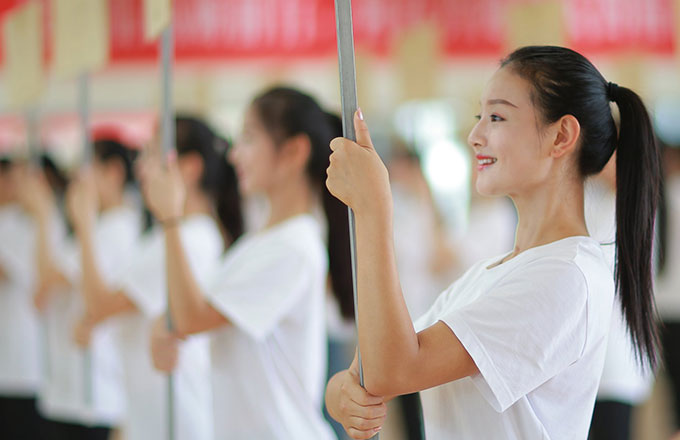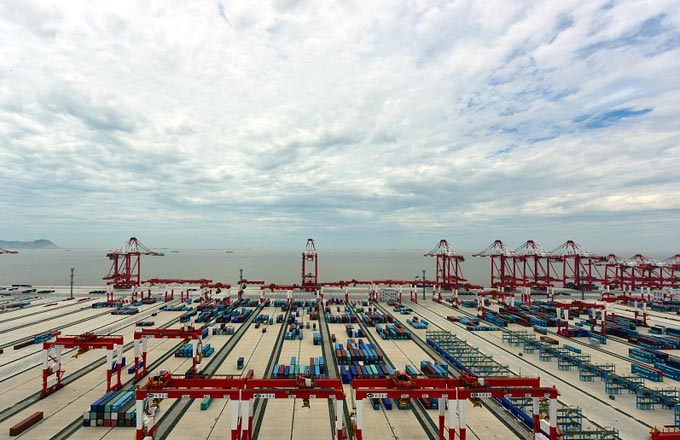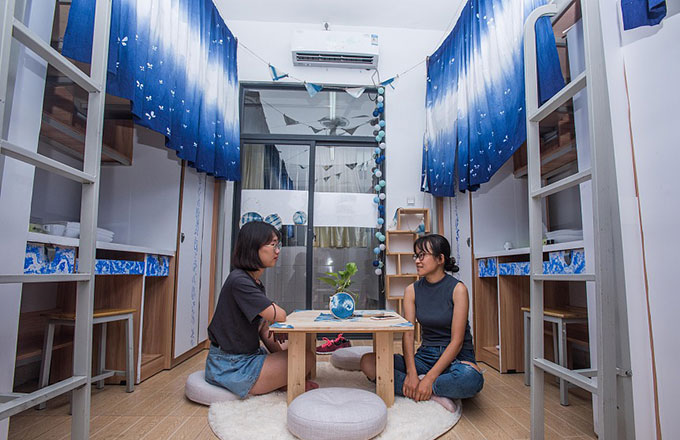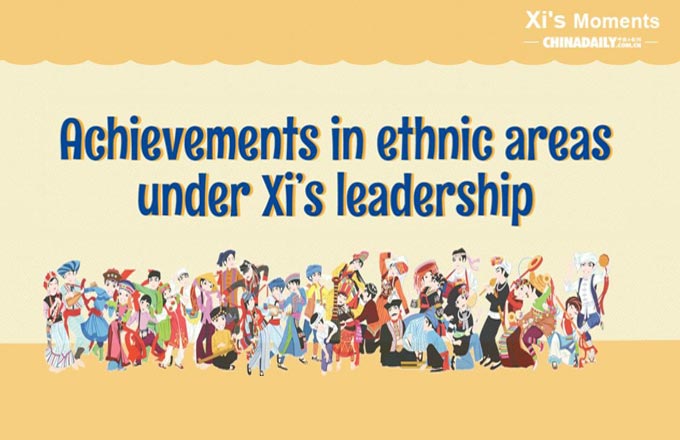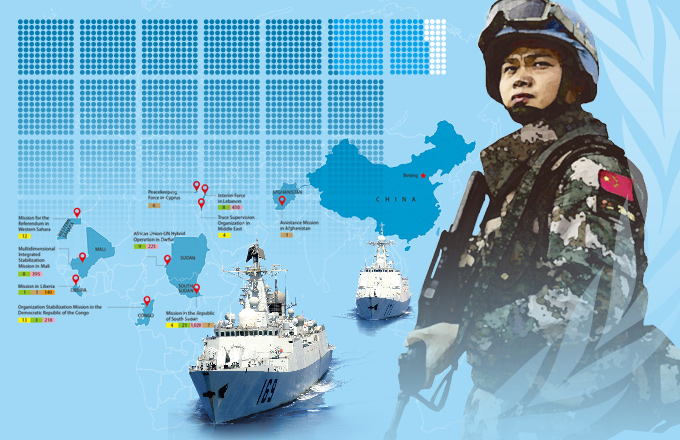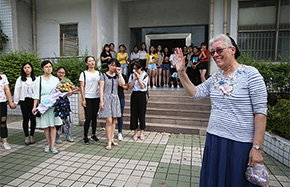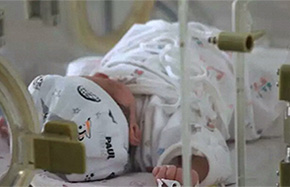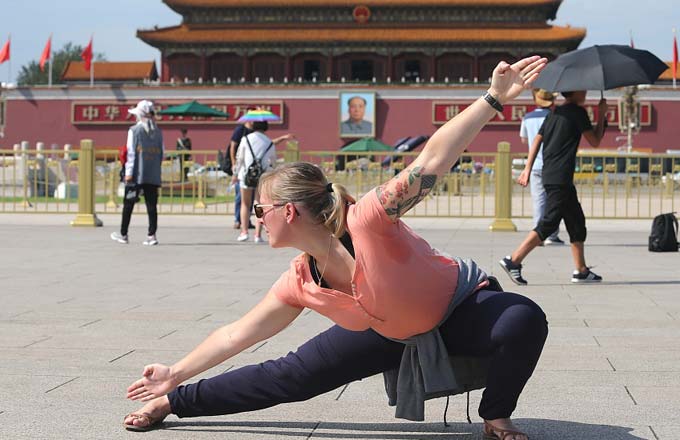US veterans praise their forgotten ally
Belated apology
Lester Tenney landed in the Philippines in late November 1941. He was age 21 and had been married for just two months.
Tenney joined the National Guard in 1940: "I knew that the United States was going to have a draft, so I voluntarily entered the service."
What he did not know was that within a month of his arrival in Asia, Japan would attack Pearl Harbor and the Philippines.
When Japan defeated the United States on the Bataan Peninsula in April 1942, 78,000 US and Filipino soldiers surrendered.
Following the largest-ever US overseas surrender, the Japanese forced their prisoners of war to walk more than 100 kilometers to their camp, offering little or no food and water. Thousands died during what became known as the Bataan Death March.
Tenney survived, strengthened, he said, by his love and affection for his young wife. He spent the latter years of the war as a slave in a Japanese coal mine.
When Japan announced its surrender, the Japanese camp commander gathered the POWs at Omuta, less than 64 kilometers from Nagasaki, where the US had dropped an atomic bomb six days before, and announced that "Japan and the United States are now friends".
"Then all the Japanese soldiers simply left the camp," said Tenney, who had been transferred to Omuta.
"Out of around 12,000 American POWs there, only 1,500 survived to the end."
He was so weak he remained in hospital for a year.
While news of Bataan reached his wife, there was no confirmation of Tenney's fate. His wife waited three years for news, even though she was told that Tenney was "presumed dead".
After the war, Tenney discovered that she had remarried just months earlier. More than 70 years later, he recalled the revelation as "a tremendously traumatic experience", but he got back on his feet.
"It was easy for a veteran to get a job, but I wanted to get an education. I hadn't had a chance to because of the war," he said. "I wanted to be a better member of society."
He eventually gained a doctorate from the University of Southern California and became a professor.
In his later years, he was an active campaigner for both an admission of responsibility and apology from Japan. It was thanks in part to his efforts, that in 2009, the Japanese ambassador to the US, Ichiro Fujisaki, delivered a "heartfelt apology" for "having caused tremendous damage and suffering" to the Bataan victims.
Tenney joined other victims in a class action against several Japanese mining companies for reparations. "They were afraid that if they apologized, we would sue them," he said, speaking before his death in February at age 96.






